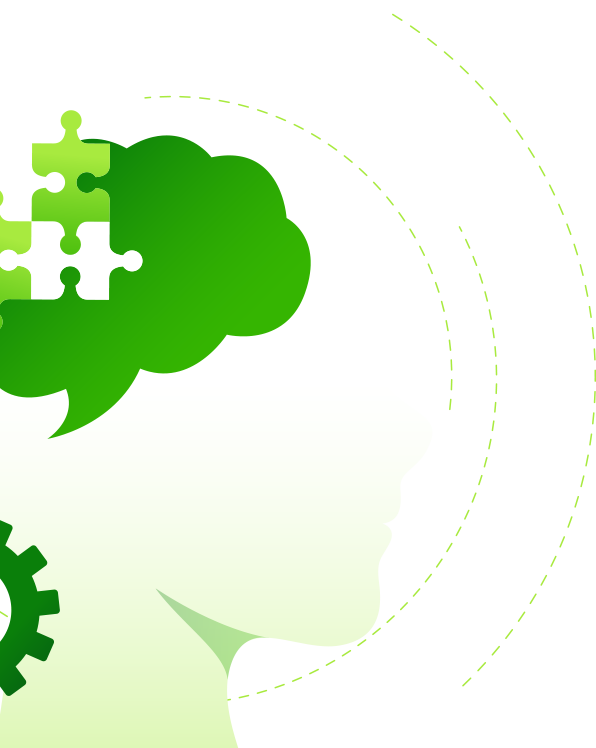1 The Enterprise, 61 Ditton Walk Cambridge, CB5 8QD
Control Self Esteem
3.9KB
3.9KB
3.9KB

Self-esteem and self-confidence overlap, but they are different.
Self-esteem refers to whether you appreciate and value yourself. Your self-esteem develops and changes as a result of your life experiences and interactions with other people.
Self-confidence is your belief in yourself and your abilities. This can change depending on the situation. It’s normal to feel quite confident in some circumstances and less confident in others.
A healthy amount of self-esteem is necessary to have the self-confidence to meet life’s challenges and participate in things you find enjoyable and rewarding. Healthy self-esteem and self-confidence are essential for leading a fulfilling life. While they are related, they represent different concepts.
Self-esteem is about how much you appreciate and value yourself. It develops and evolves based on your life experiences and interactions with others.
On the other hand, self-confidence refers to your belief in yourself and your abilities. This can vary depending on the situation; it’s normal to feel confident in some circumstances while feeling less confident in others.
Maintaining a healthy level of self-esteem is crucial for building the self-confidence needed to tackle life’s challenges and engage in activities that you find enjoyable and rewarding.
Many people experience low self-esteem or low self-confidence. For some, these feelings are only present in specific situations, while for others, they can be more pervasive and debilitating.
If you struggle with low self-esteem or low self-confidence, negative or disappointing experiences may greatly influence how you view yourself. This can create a self-perpetuating cycle of negative thinking, where pessimistic expectations about the future discourage you from making an effort. This mindset, in turn, often leads to disappointing outcomes.
For instance, if you lack self-confidence and receive a low grade on an assignment, you might think, “What else could I expect? I’m stupid. This proves it, and I might as well give up.” Conversely, if you have healthy self-esteem and receive a low grade, you might think, “I wonder where I went wrong? I’ll find out so I can improve next time.” Although you may feel disappointed, you don’t feel diminished as a person.
Low self-confidence can lead to:
Low self-esteem may result in the development of a strong inner critic that becomes particularly loud when you’re feeling distressed, overwhelmed, or judged by others. This inner critic can cause significant personal distress by contributing to feelings of sadness, anxiety, or anger.
Believing your inner critic can lead you to:
These feelings can impact various areas of your life, including academic performance due to fear or negativity, as well as personal relationships, making effective communication more challenging.

1 The Enterprise, 61 Ditton Walk Cambridge, CB5 8QD
© All Copyright 2024 by DESIGNISALIVE.CO.UK